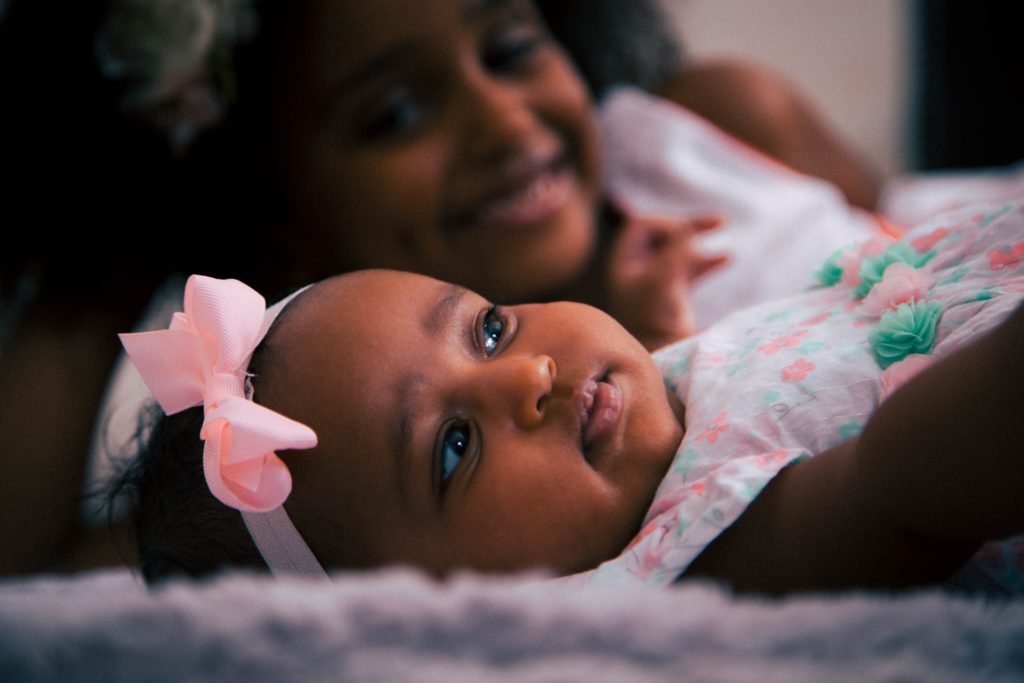Because WHIP Communications primarily works with nonprofits and social impact organizations, we see inspiring work being done in various sectors all the time. From nurses working on climate change to women breaking barriers in STEM, we’ve been part of so many important initiatives that have moved the needle.
One of our clients, Healthy Babies Bright Futures, is working to keep babies (especially those under the age of 3) safe, healthy, and thriving.
One in six children in America have a developmental disability and a growing body of research shows that early exposures to toxic chemicals are at least partially responsible for learning and developmental deficits.
What is their mission?
Toxic chemicals may be invisible to the naked eye, but they can be found nearly everywhere — dust, food, toys, and more. Although these chemicals are not the only cause of behavioral and cognitive impairments, they are some of the most preventable.
Healthy Babies Bright Futures’ mission is more important now than ever. Currently, the FDA doesn’t regulate toxic chemicals in baby food. (Yes, really.) In this wild world where the federal government turns a blind eye to toxic chemicals in baby food, organizations like HBBF are ever so important and necessary.
Their goal is to design and implement programs that reduce babies’ exposures to toxic chemicals in the first 1,000 days of development. The Bright Cities program provides grants to cities that are working to eliminate exposures to neurotoxic chemicals, and their groundbreaking baby food research has made a massive impact on the industry — leading to the formation of a Baby Food Council and Beech Nut’s discontinuation of rice cereal due to its high arsenic content.

Baby Food Safety Act of 2021
In 2019, a Healthy Babies Bright Futures study found heavy metals in a whopping 95% of baby foods tested. That study inspired a Congressional report that was released in February, which found that baby foods are contaminated with dangerous levels of toxic heavy metals, with amounts of arsenic, lead, cadmium, and mercury in excess of recommended limits.
Representative Raja Krishnamoorthi of Illinois recently introduced the Baby Food Safety Act of 2021, creating a framework to reduce heavy metals in baby food both ASAP and in years to come. HBBF has sponsored and supported this bill since its creation, helping the bill gain traction in Congress.
Thanks to the work of HBBF, the Baby Food Safety Act is closer and closer to getting passed and the FDA has released a new “Closer to Zero” plan signaling their intent to reduce children’s exposures to toxic heavy metals. The plan will set more action levels, finalize a protective limit for arsenic in apple juice, draft a protective limit for lead in juice, and more.
These actions are the first step to keeping babies protected from toxic chemicals in their food. We can’t wait to see how HBBF keeps pushing the boundaries and expectations for baby food safety and the health of our little ones.
Pin this for later! 📌


Be the first to comment